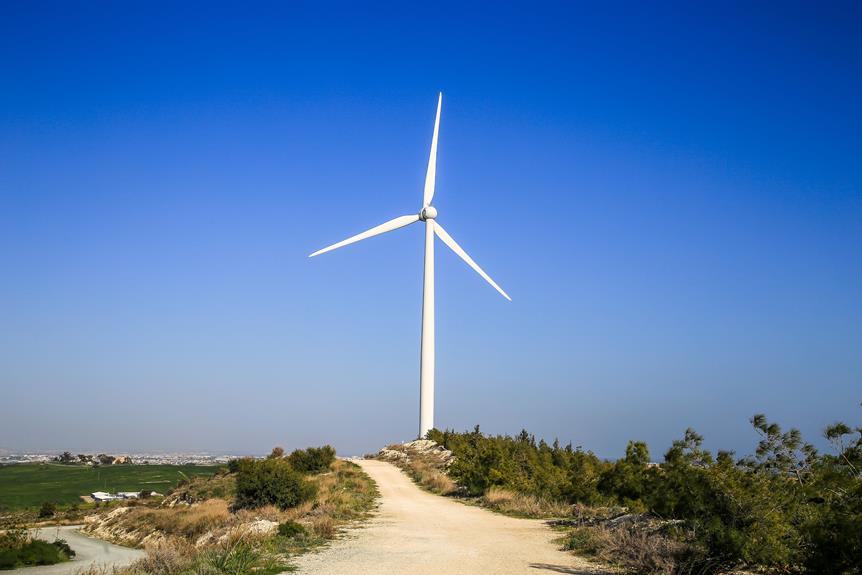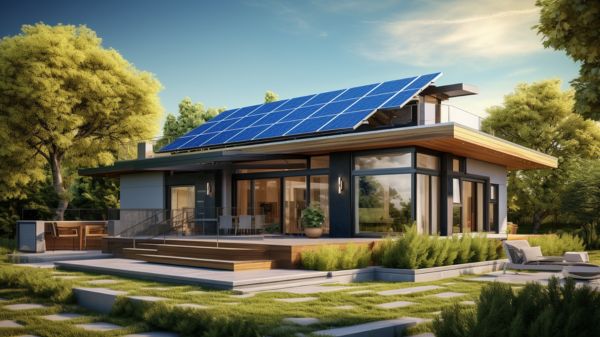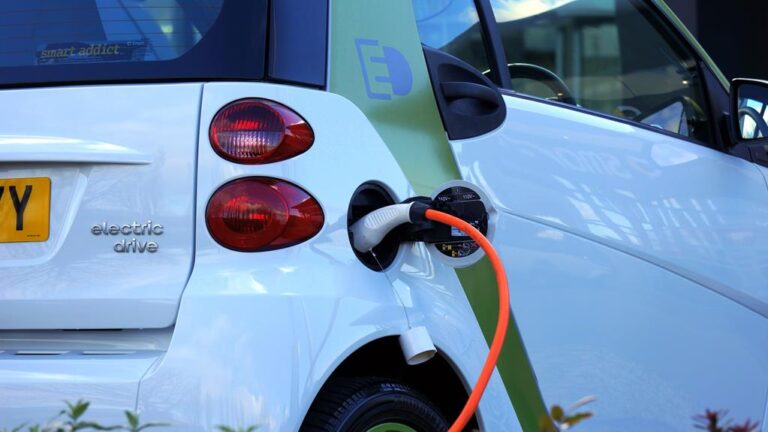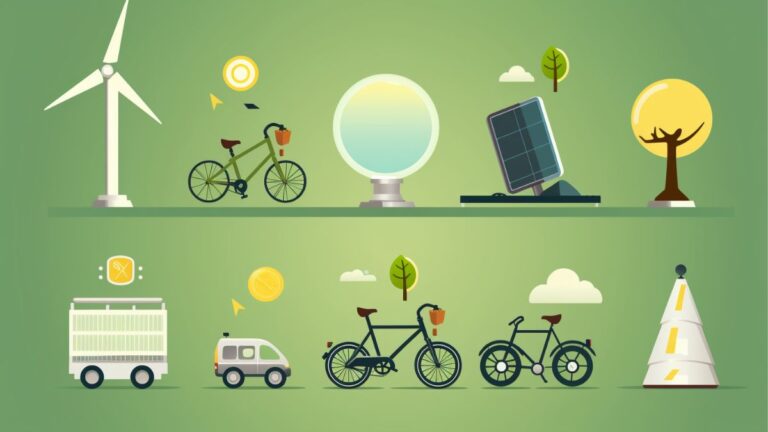Why Is Technology Vital for Green Energy Efficiency?
Imagine a world where technology joins hands with green energy to create a harmonious and sustainable future. In this world, every action we take to conserve energy is supported by cutting-edge innovations that enhance our efficiency. That’s why technology for green energy efficiency is vital.
Technology empowers us to manage and optimize renewable energy systems, making them more effective and reliable. With digital advancements like artificial intelligence and data analytics, we can analyze vast amounts of information from renewable sources, allowing us to make smarter decisions and improve maintenance operations.
Furthermore, technology drives the development of new renewable energy technologies, leading us towards a more sustainable and eco-friendly existence. Together, we can harness the power of technology to create a greener and cleaner world for all.
Technological Advancements in Renewable Energy
Technological advancements in renewable energy have revolutionized the way we generate and utilize clean power. The development of innovative technologies has played a crucial role in the growth of renewable energy production, addressing the environmental concerns associated with traditional sources of electricity production. These advancements have significantly reduced carbon emissions and their impact on the environment.
Through the integration of digital technology and artificial intelligence, renewable energy systems have become more efficient and reliable. With the help of special algorithms, renewable energy sources can now offset intermittency and make informed decisions regarding storage, use, and injection in the network. This optimization hasn’t only enhanced electricity production but also improved the stability of the grid.
Furthermore, technological advancements have facilitated the collection and analysis of vast amounts of data, providing valuable insights for the renewable energy sector. This reliable and actionable data has contributed to better maintenance operations, preventing breakdowns, and maximizing uptime.
Role of Smart Grids in Energy Efficiency
Smart grids play a pivotal role in maximizing energy efficiency in the transition towards green energy. These technological innovations enable the effective management of renewable energy sources by addressing the challenge of intermittency.
By collecting and analyzing vast amounts of data from renewable electricity production capacity, smart grids help optimize electricity production processes. Special algorithms are employed to make informed decisions on storage, use, and injection in the network, thereby enhancing efficiency and reliability.
Through artificial intelligence and data analysis, smart grids contribute to a more sustainable and stable electricity grid. This ensures the availability of reliable and actionable data for the renewable energy sector, aiding in the reduction of carbon emissions.
Impact of Iot on Green Energy Management
To further enhance the efficiency of green energy management, we must explore the impact of the Internet of Things (IoT) on the optimization of renewable energy systems.
The IoT, a network of interconnected devices, has revolutionized the energy sector by enabling real-time monitoring and control of renewable energy sources. By collecting and analyzing data from various sources such as wind and solar farms, the IoT allows for better management and utilization of green energy resources.
This technology has the potential to improve energy efficiency, reduce costs, and increase the overall sustainability of the energy sector. With the IoT, renewable energy systems can be optimized to operate at their maximum potential, ensuring a greener and more sustainable future.
As we continue to embrace innovation in energy technology, the IoT will play a crucial role in achieving our goals of sustainability and green energy efficiency.
Benefits of Machine Learning in Optimizing Energy Consumption
By harnessing the power of machine learning, we can further enhance the efficiency of green energy management and optimize energy consumption.
Machine learning technology offers numerous benefits in the realm of optimizing energy consumption in the context of renewable energy sources. Through the use of algorithms and data analysis, machine learning can help identify patterns and make accurate predictions about energy demand and supply. This allows for more efficient allocation of resources and better planning of energy production and distribution.
Additionally, machine learning can assist in identifying and mitigating factors that contribute to energy waste, such as equipment inefficiencies or suboptimal usage patterns. By optimizing energy consumption, we can reduce carbon emissions and promote a more sustainable energy transition.
Moreover, the innovation and economic factors associated with machine learning in green energy management can drive further advancements in renewable energy technologies.
Future Prospects of Blockchain in Sustainable Energy Systems
As we delve into the future prospects of blockchain in sustainable energy systems, we can explore how this technology enhances secure and transparent transactions in energy markets.
Blockchain has the potential to revolutionize the way we produce, distribute, and consume green energy. By enabling decentralized energy trading and peer-to-peer energy transactions, blockchain can promote efficiency and innovation in the renewable energy sector. It can streamline energy supply chain management, reducing costs and improving grid efficiency.
Smart contracts powered by blockchain could automate energy trading and settlement processes, eliminating the need for intermediaries and increasing transparency.
Additionally, blockchain technology can support research and development efforts to meet the growing energy demand sustainably. With its ability to provide immutable records and reliable verification, blockchain holds great promise in creating a more sustainable and decentralized energy future.
Conclusion
In conclusion, the marriage between technology and green energy efficiency is a harmonious symphony, orchestrating a sustainable future. Through advancements in renewable energy, smart grids, IoT, machine learning, and blockchain, we unlock the true potential of our renewable resources.
Technology empowers us to optimize energy consumption, make informed decisions, and mitigate environmental degradation. Let’s continue to embrace these technological innovations as we dance towards a brighter, greener tomorrow.






